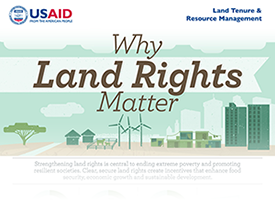HOW TO REGISTER
Search for ‘Land Tenure’ in USAID University.
OVERALL COURSE OBJECTIVE
This course will provide USG foreign assistance practitioners training that strengthens their knowledge and skills in understanding the relationships between land tenure and property rights (LTPR) and critical USG international development strategic priorities; identifying and addressing development challenges in their portfolios related to LTPR; and improving the effectiveness of Agency and USG programming.
BACKGROUND
Rights to land and resources are at the center of our most pressing development issues: economic growth, food security, conflict, urbanization, gender equality, climate change, and resilience. Secure land and property rights create incentives for investment, broad-based economic growth, and good stewardship of natural resources. Insecure property rights and weak land governance systems often provoke conflict and instability, which can trap communities, countries, and entire regions in a cycle of poverty.
This 1-week course is designed for USAID and USG international development professionals, who want to strengthen their knowledge and skills in addressing land tenure and property rights challenges.
This course provides participants with a solid understanding of the issues, theories, evidence, and best practices around land tenure, property rights, and effective international development programming.
PARTICIPANT LEARNING OBJECTIVES
By the end of the course the participants will be able to:
- Describe the importance of LTPR as a critical development issue and understand considerations for USG foreign assistance programming.
- Define common land sector terms and concepts and be able to explain the differences between formal and informal land systems.
- Describe the linkages between LTPR and conflict, economic growth, responsible land-based investment, food security, gender equality and women’s empowerment, and natural resource management in developing countries.
- Understand and describe best practices for applying LTPR in the context of USG foreign assistance programming and identify available resources, USAID-supported technologies, methodologies, and tools for LTPR.
COURSE OUTLINE
- Introduction to Land Tenure and Property Rights
- Property Rights and Economic Growth
- Land and Resource Tenure, NRM, and Biodiversity
- Land Tenure and Geospatial Data and Technology
- Land, Property, and Conflict
- Land Rights, Gender Equality, and Women’s Empowerment
- Introduction to Land Administration
- Responsible Land-based Investment
- Land and Food Security
- USAID Land Tenure and Property Rights Technical Services, Resources, and Mechanisms
- Conclusion
SCENARIOS
This course will move through four real-world example scenario-based exercises to practice applying course learnings to improve USAID development programming and decision making.
PRESENTERS
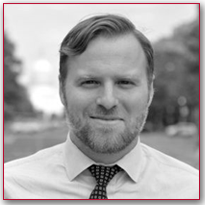 Stephen Brooks
Stephen Brooks
Land and Resource Governance Advisor, USAID E3/Land
Mr. Brooks is E3/Land’s Land Tenure and Resource Governance Advisor. He leads USAID’s work on tenure and resource governance in the context of global climate change and forestry and biodiversity, and manages the Office’s Tenure and Global Climate Change program. Mr. Brooks also serves as the E3/Land Office’s primary liaison for the USAID Asia Bureau, and leads USAID interagency collaboration with the US Forest Service and NOAA on the intersection between tenure, forest and marine issues.
Mr. Brooks received a master’s degree in Environmental Science with a focus on International Development and Conservation from the Yale School of Forestry and Environmental Science. He also received a bachelor’s degree from the University of Florida’s School of Forest Resources and Conservation.
Mr. Brooks brings expertise in land tenure and resource governance specific to international development and natural resource management. He also brings over 10 years of experience in forestry and coastal resource management, and 5 years of experience in urban natural resource management issues.
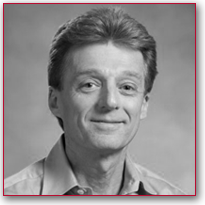 Darryl Vhugen
Darryl Vhugen
Independent Consultant
Mr. Vhugen, J.D., is a land tenure consultant who advises UN agencies, governments, private sector institutions, and communities on how to achieve socially responsible and financially sustainable investments in land and natural resources. His work focuses on protecting and strengthening the land rights of the poor in the context of large-scale land-based investments and climate change.
Previously, Mr. Vhugen led Landesa’s work in Burma/Myanmar and provided legal and policy analysis to address land rights and climate change challenges in sub-Saharan Africa, India, and China. Before that, he was Landesa’s first State Director for Andhra Pradesh, India. Mr. Vhugen also spent 25 years in private practice as an international and domestic business lawyer and litigator, advising foreign and domestic clients in a broad range of business matters. Mr. Vhugen has field experience in Japan, Cambodia, the Philippines, Myanmar, India, Indonesia, Nepal, Mexico, Tanzania, Ethiopia, Uganda and Mozambique.
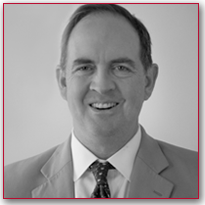 Leonard Rolfes Jr.
Leonard Rolfes Jr.
Chief of Party and Land Tenure Specialist, The Cloudburst Group
Mr. Rolfes Jr. is Chief of Party on the Evaluation, Research, and Communication task order, a USAID-financed program being implemented by The Cloudburst Group. In this role, Mr. Rolfes provides management support to his team to facilitate their research, evaluation, communications, training and pilot project work, and engages with USAID on behalf of the program to ensure client needs are being satisfied. Mr. Rolfes also provides land tenure technical services on certain parts of the program, notably the Mobile Applications to Secure Tenure pilot project.
Mr. Rolfes is a lawyer by training and has 25 years of legal and implementation experience in the land-tenure field. Mr. Rolfes has worked in 17 countries, primarily in the former Soviet Union and sub-Saharan Africa, on issues such as land privatization, farm restructuring, land registration, formalizing customary land rights, and increasing women’s access to land. Apart from his work for Cloudburst, notable achievements include providing advice in the drafting of Ukraine’s Land Code, and serving as project lead on large land programs in Burkina Faso and Mongolia financed by the Millennium Challenge Corporation.
For more information, contact Jeremy Green, E3 Land and Urban: jegreen@usaid.gov


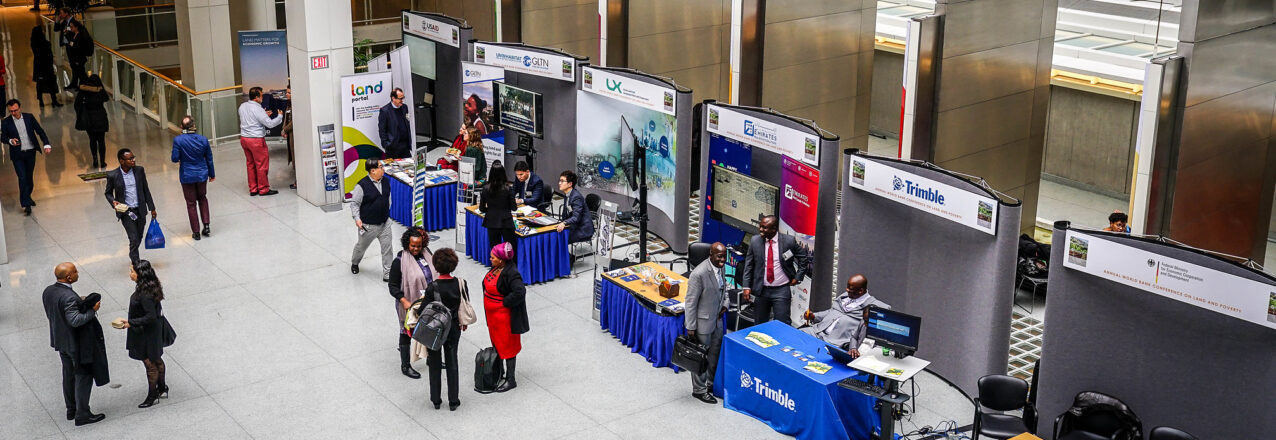
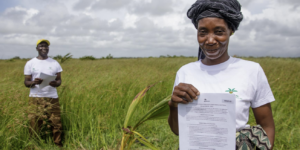
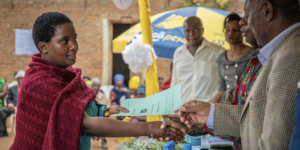
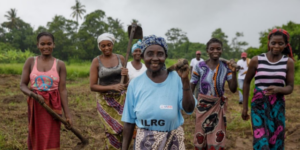
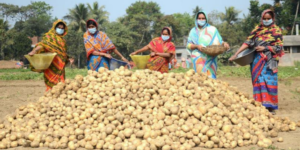
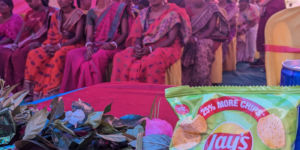
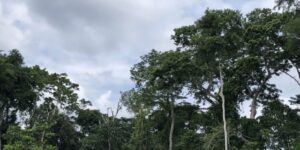
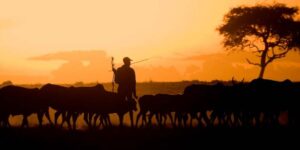
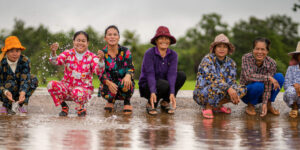
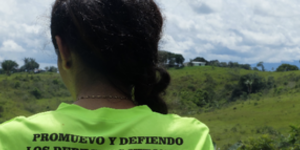
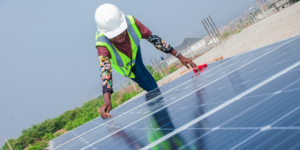
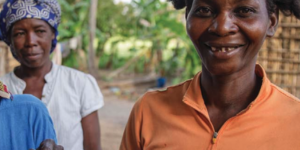
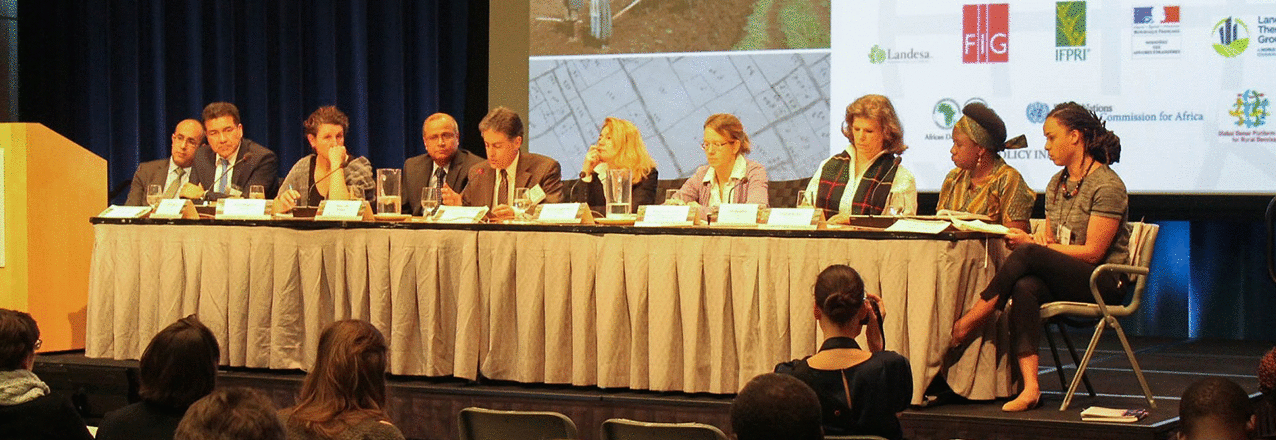
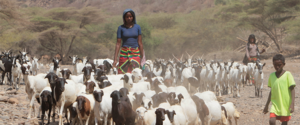
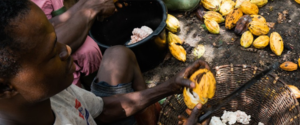
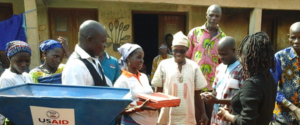
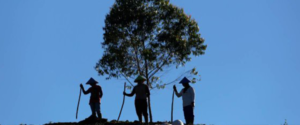
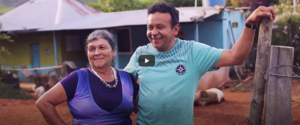
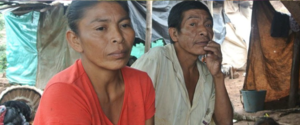
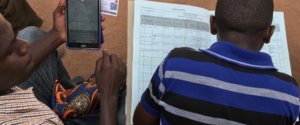
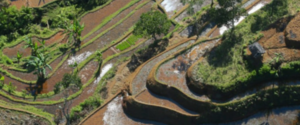
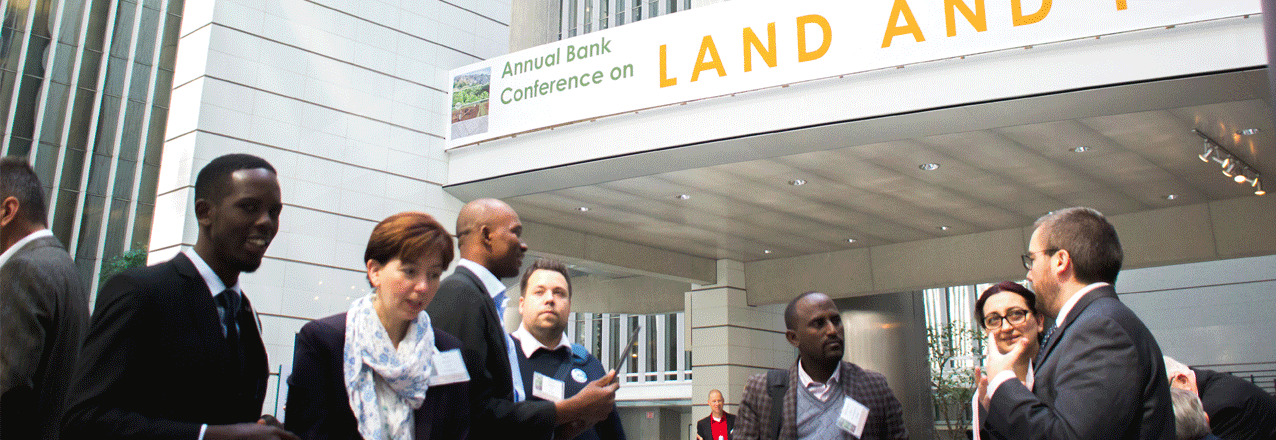
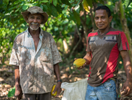
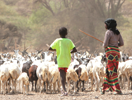
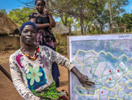
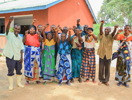
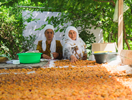
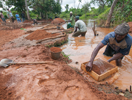
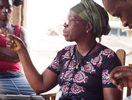
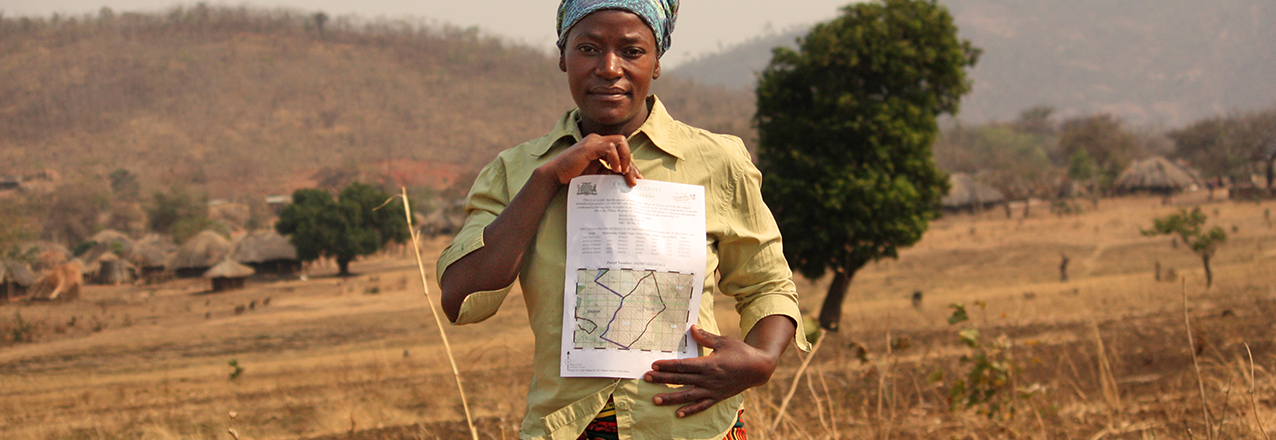
 Stephen Brooks
Stephen Brooks Darryl Vhugen
Darryl Vhugen Leonard Rolfes Jr.
Leonard Rolfes Jr.